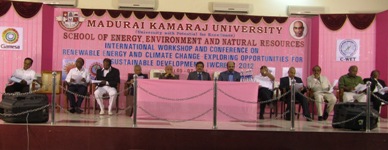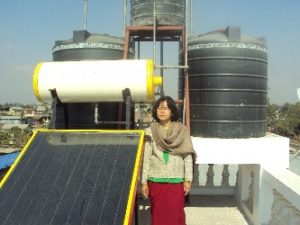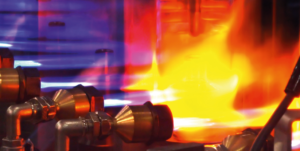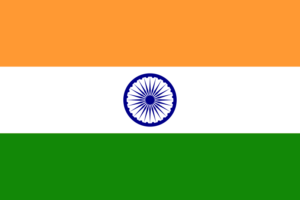India: Conference Calls for Concerted R&D Efforts
May 24, 2012
 In the first week of April 2012, the School of Energy, Environment and Natural Resources at Madurai Kamaraj University hosted an International Workshop and Conference on Renewable Energy and Climate Change (IWCRECC 2012). Its topic: “Exploring Opportunities for Sustainable Development”. The aim was to motivate young entrepreneurs to choose a career in renewable energy and pursue the national targets goals by developing cost-effective technologies. Participants agreed that more research needs to be done in order to reduce the costs of renewable technologies. Today’s high upfront investments are seen as strongly hampering the growth of the sector.
In the first week of April 2012, the School of Energy, Environment and Natural Resources at Madurai Kamaraj University hosted an International Workshop and Conference on Renewable Energy and Climate Change (IWCRECC 2012). Its topic: “Exploring Opportunities for Sustainable Development”. The aim was to motivate young entrepreneurs to choose a career in renewable energy and pursue the national targets goals by developing cost-effective technologies. Participants agreed that more research needs to be done in order to reduce the costs of renewable technologies. Today’s high upfront investments are seen as strongly hampering the growth of the sector.
Photo: Jaideep Malaviya
Maankombu Sambasivan Swaminathan, popularly known as the “Father of the Green Revolution in India”, emphasised in his speech the role that renewables play in offering energy security. He wants young entrepreneurs to focus on researching cost-effective solutions rather than going straight into commercial trading.
Raghu Seetharaman, CEO of Doha Bank, Qatar, noted that renewable energies would be crucial to curb inflation, because they would replace fossil fuels.
Prof N.K. Bansal, one of India’s leading scientists in the field of solar thermal technologies, said that about 150,000 entrepreneurs would be needed if the country were to realise its dream of the Solar Mission (see http://www.solarthermalworld.org/node/985).
Srinivasa Murthy, Professor Emeritus at the Indian Institute of Technology, Madras, presented the various solar cooling technologies available around the world and the R&D carried out at his institute. He made clear that there was no need to develop new solar heating and thermal storage systems, as enough technologies had already been offered and were well-established. He rather asked developers to integrate the various components and subsystems into well-performing systems with sufficient capacity.
Dr Shireesh B Kedare, Director Clique Developments Pvt Ltd, pointed out in his presentation that industrial process heat applications below 250OC were responsible for about 15 to 20% of India’s total oil consumption and also for a significant amount of the nation’s electricity demand.
The presentation of Dr Rachel Oommen about a study of a solar dryer for apple and grapes sparked great interest among the audience. The research project gave positive insights into a solar thermal storage system which can be used to dry agricultural fruits and has great potential.
Finally, Dr Chidambaram Palaniappan, General Secretary of the NGO Planters Energy Network, showed successful case stories of solar hot air dryers in the food processing industry. He pointed out that great efforts of trainings were necessary in India to provide enough well-educated planners and installers to cope with the strong growth of the market.
More information:
http://www.iwcrecc2012.org/


